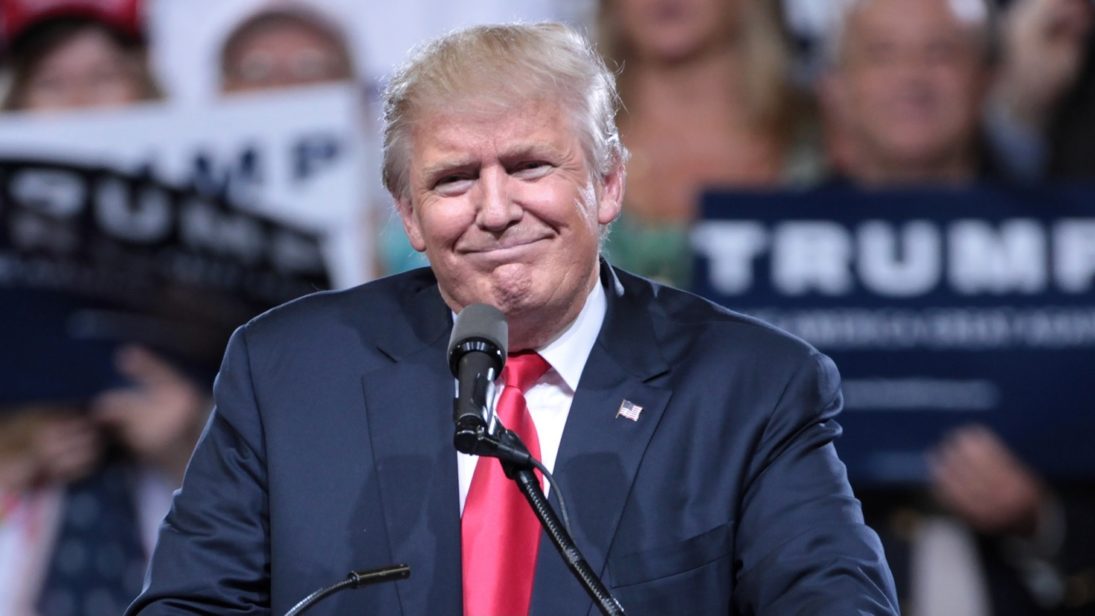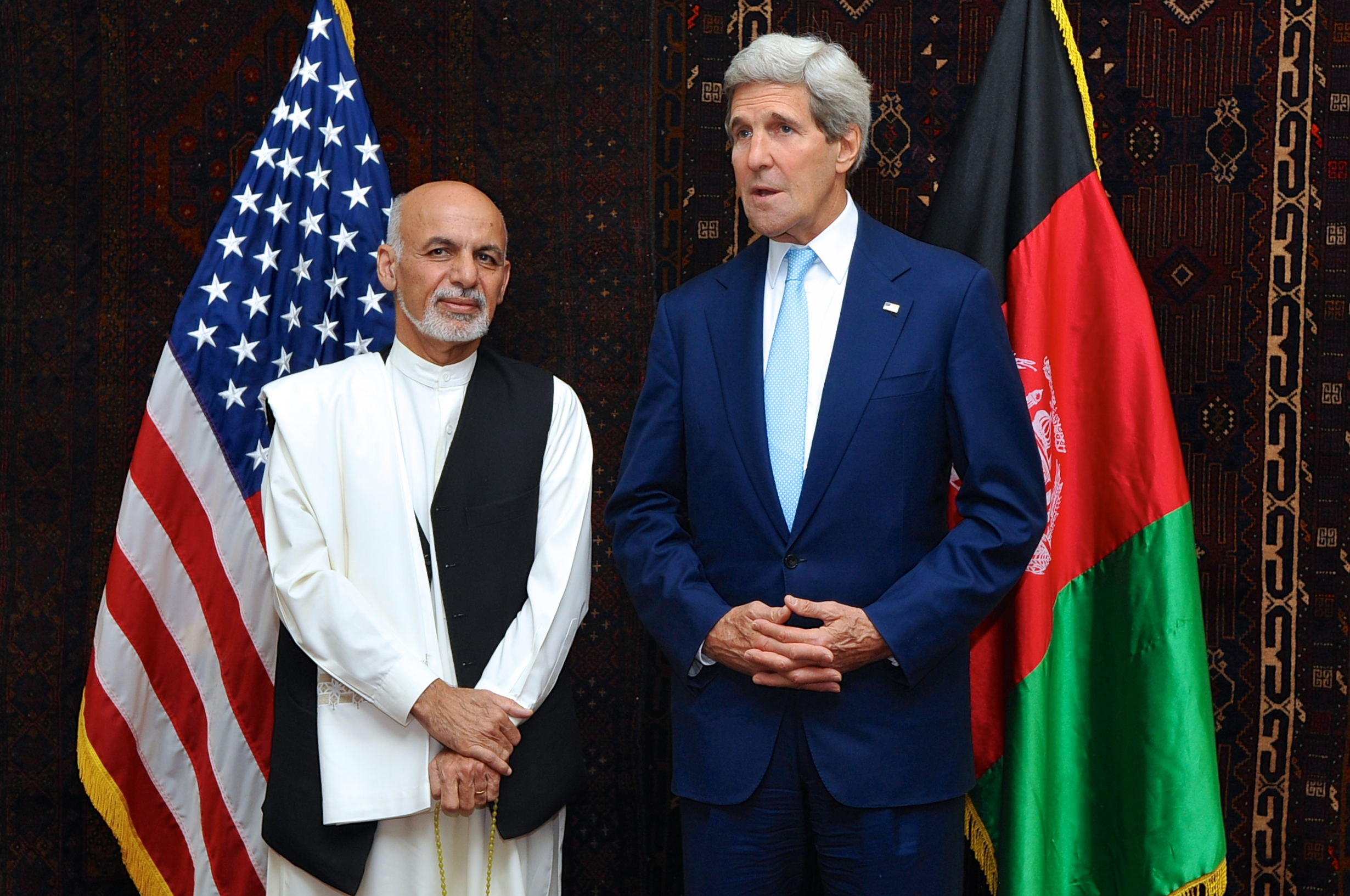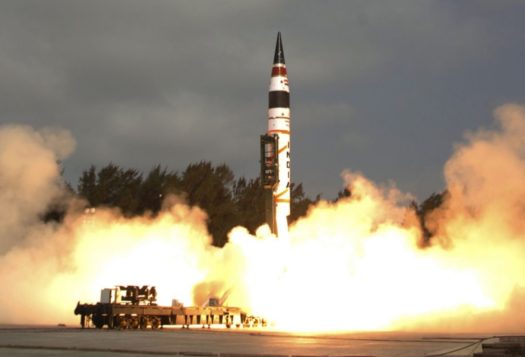
As American political commentator Henry Olsen rightly noted, a major risk of democracy is that it can produce demagogues, popular leaders who can mobilize the population through fiery rhetoric. However, once in power, the challenge for these leaders is to determine how to formulate policy that furthers the national interest without isolating their supporters. President-elect Trump will face this common dilemma of demagogues in many areas of domestic and foreign policy, especially American policy in Afghanistan.
American Failures in Afghanistan
The current security situation in Afghanistan is rapidly deteriorating. This assessment is strongly supported by organizations such as the Special Inspector General for Afghanistan Reconstruction (SIGAR) and the United Nations Office on Drugs and Crime (UNDOC). Societal developments that are meant to occur organically, such as the telecommunications revolution, are being blocked by internal political and security complications. Some blame for this should be assigned to the failure of American policies. For example, SIGAR pointed out the lack of efficacy of U.S. fund distributions in Afghanistan as a major source of systemic corruption, which has undermined economic growth and broader confidence in the Afghan government.
This is further fueled by the resurgence of the Taliban in Afghanistan, which the United States has had little success in preventing. Troop surges, troop reductions, negotiations, and consultations with Pakistan have all failed to stop the Taliban. This past October was the deadliest month in the past two years with at least 500 security forces and 700 civilians killed or injured. This month, two major attacks were carried out by the Taliban on Bagram Air Base and the German Consulate in Mazar-e-Sharif. The Taliban have even continued to gain ground, and now control at least one-fifth of the country.

Future Scenarios
With these thoughts in mind, the United States will have to take bold new approaches to reverse the tide of the Taliban in Afghanistan. The incoming Trump administration will have the difficult task of implementing such approaches while also balancing its populist promises to the American people. For example, Trump’s proposed ban on Muslims could possibly worsen anti-American sentiments in Afghanistan, which could increase the number of extremist recruits. As Abu Omar Khurasani, the IS commander in Afghanistan, noted, “[Trump’s] utter hate towards Muslims will make our job much easier because we can recruit thousands.”
While President-elect Trump has indicated that he will devote a huge number of resources to combat the Islamic State (IS), he has said relatively little about the Taliban and Al-Qaeda, the two organizations that jeopardize South Asia’s security the most. Trump’s ignorance of the Taliban could strengthen the “deep state” in Afghanistan, or the illicit parallel economy and security architecture run by warlords, drug-lords, and the Taliban with the potential support of Pakistani intelligence. Although there have been indications that Trump is not in favor of peace talks with the Taliban, there is little other public information about Trump’s Afghanistan policy.
Furthermore, Trump’s public skepticism about NATO, specifically his opinion that the United States should be reimbursed for providing protection to NATO allies, could inhibit much needed cooperation. For example, financial disagreements could hamper NATO deployments at major bases in Herat and Mazar-e-Sharif, which are controlled by Italian and German troops, respectively. NATO countries have played a crucial role in Afghanistan by providing collective security, and isolating these allies would be detrimental to U.S. efforts and interests.
Trump will also have to balance his isolationist perception with the need for a more multilateral approach in Afghanistan. For example, the United States could benefit from working more with Russia, which is hosting Russia-China-Pakistan consultations on Afghanistan next month. If Trump’s positive personal relationship with Russian President Vladimir Putin can transfer to policy, there could be more robust cooperation between the United States and Russia in Afghanistan, which could open the door for deeper cooperation with other countries, as well. India could also play a crucial role in Afghanistan.
Finally, although Trump has expressed support for a minimal force of 5,000 American troops, he has also expressed in the past a deep reluctance to continue spending in Afghanistan, which could negatively impact the crucial influx of funding from outside donors. For example, during the Wales Conference, NATO allies pledged almost $1 billion per year until 2020 for the Afghan National Security Forces (ANSF) while the United States has budgeted $3.45 billion annually for the ANSF. However, if Trump calls for large spending cuts in Afghanistan, it could undermine allied spending as well. This would have severe consequences with regard to the ANSF and the security apparatus of Afghanistan.
Conclusion
At the Munich Security Conference in 2015, Afghan President Ghani said, “Afghanistan is the meeting ground of th[e] global ecology [of terrorism].” Trump’s populist rhetoric thus far has not adequately taken into account the crucial security interests for the United States and the globe in Afghanistan. Only time will tell how Trump will dovetail his populist promises with the national interests of both the United States and Afghanistan, thus also defining the legacy of his foreign policy.
***
Image 1: Gage Skidmore, Flickr (cropped)
Image 2: U.S. Department of State, Flickr


